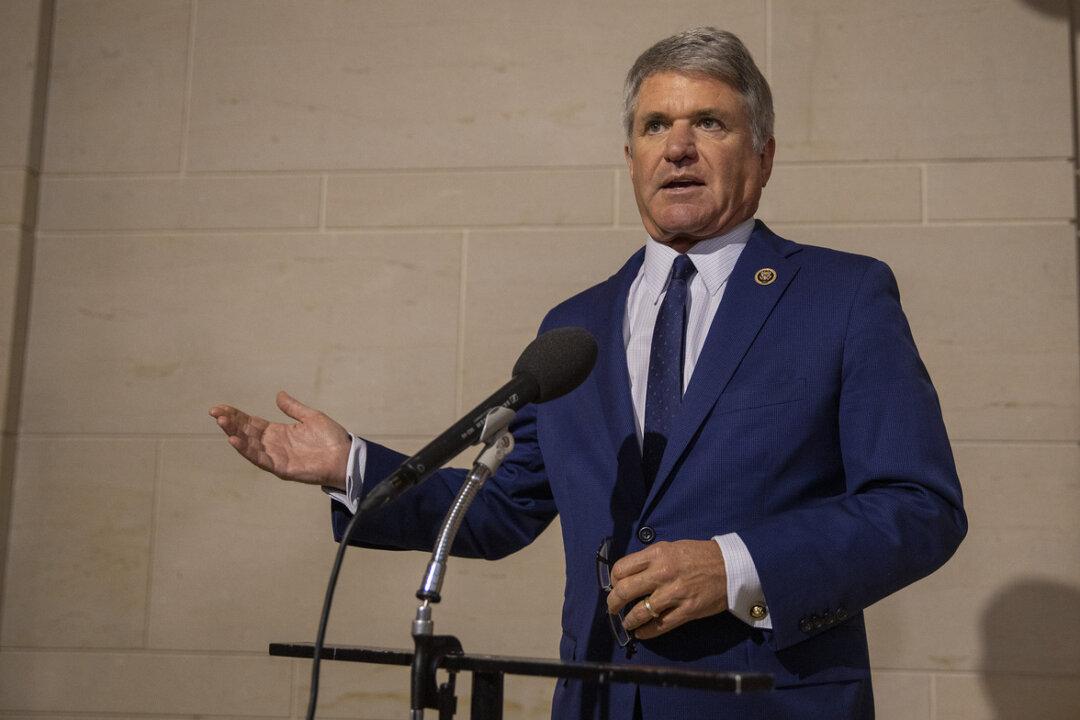A bipartisan group of U.S. House members introduced legislation that would bolster free speech and communications on the internet, along with ramping up U.S. efforts to counter oppressive censorship in countries such as China, Russia, and Iran.
The measure, dubbed the “Open Technology Fund Authorization Act” (H.R. 6621) was introduced on April 27 and would authorize the Open Technology Fund (OTF) as an independent grantee within the U.S. Agency for Global Media (USAGM).





